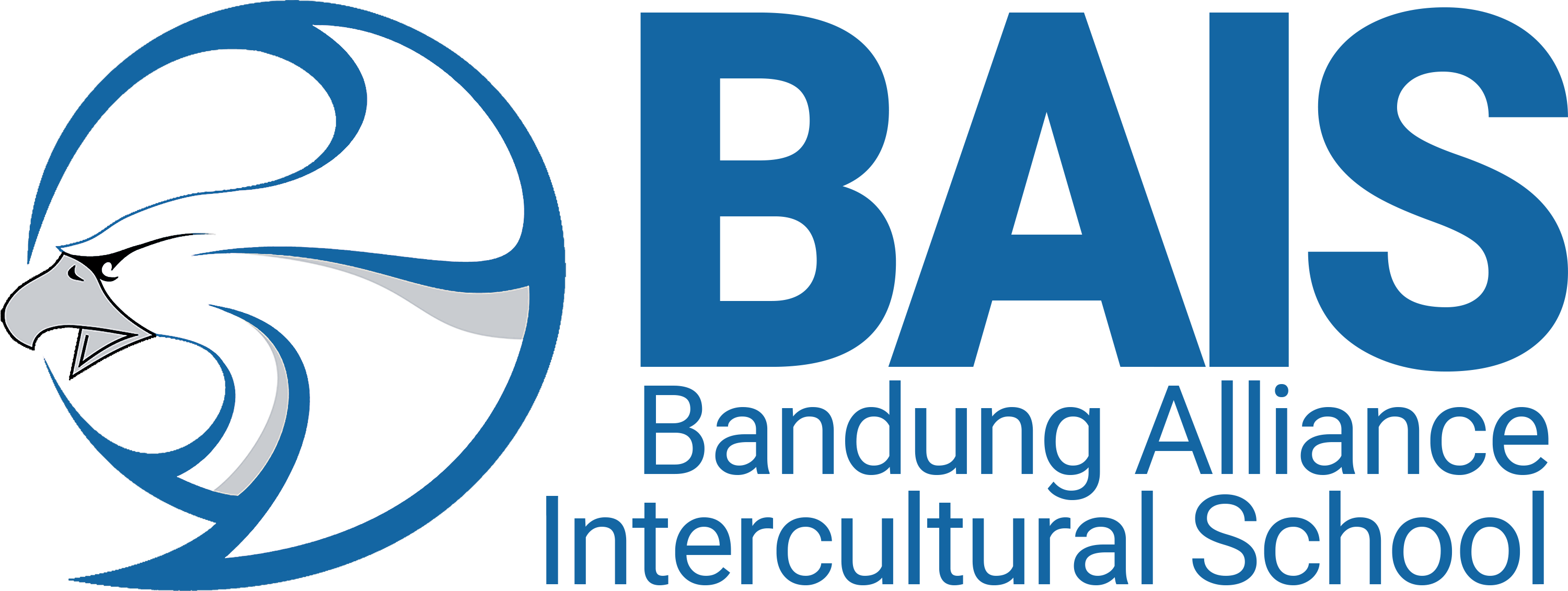A goal for BAIS is that the students will become lifelong learners. BAIS teachers should be lifelong learners too! Many of our teachers model that, and one way is by attending conferences. Two of our teachers took some time to attend conferences this summer and are excited to share what they learned.
Ms. Harsono
I attended the Google Outreach Workshop: We Love the Earth, that was held at the Google Indonesia office in Jakarta.
During the workshop, we explored the Google Earth Education featuring updates, demos, tips and tricks, and tutorials. One cool thing that I learned is you can use Google Earth’s timelapse feature to observe changes in our earth and use it to engage students in the classroom.
The training concluded with teachers making lesson plans. We were grouped based on our subject areas and made plans which could be used in all subject areas using the tools we learned. We were then able to present our plans and receive feedback about them.
Ms. D
I went to a week-long sponsored science teacher training week at Pacific Northwest National Lab in Richland, WA.
The idea for our training was to give teachers some specific science instruction, and then we worked in groups on a PBL project, and gave short presentations. Our instructional topics were related to fish migration in the upper Columbia river; we learned about fish biology and tracking methods, geology, and hydroelectric power. We took field trips to a hydroelectric dam and several different labs on the PNNL campus.
It was a great experience to visit the national lab because I’d never been to a place like that– everyone there is involved in research; it’s different than a university because the focus is on research and not teaching. At the same time, the scientists we worked with invited us in and acted as our teachers. I worked with scientists from China, Canada, and India as well as from the USA. This was a great way to show us the kind of work they do and teach us a little something about the life of a scientist, in the hopes that we’d turn around and inspire our students to become scientists or at least to strive for out students to be scientifically literate.
During the course of the week I was able to develop better empathy for my students as learners because I had to learn new things I’d never known before, I had to work with my peers, and had to ask and answer questions in order to solve a problem. Way back when I was a student, I never really got to do problem-based learning and this experience showed me how much fun it is to learn through real-life, applicable projects.













